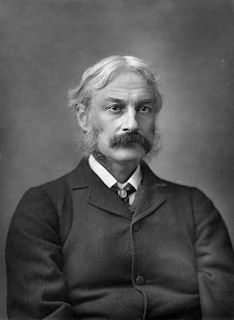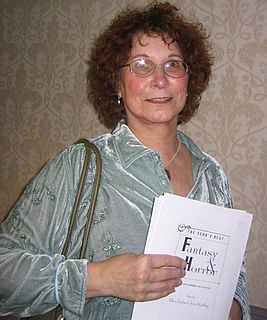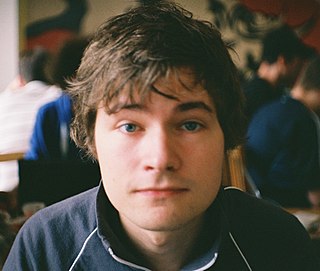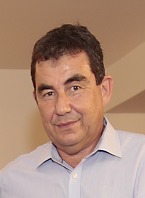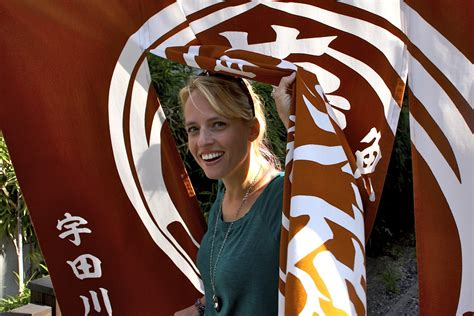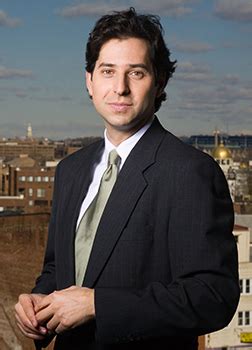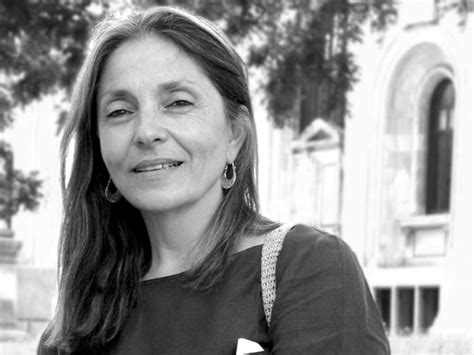A Quote by Nancy Banks-Smith
Anthropology is the science which tells us that people are the same the whole world over-except when they are different.
Related Quotes
The same people the Americans sent over - that we sent over to advise the Russians, we also sent over to advise the Poles about how to build a post-communist economy. Same people, same advice, with radically different results, which leads to suspicion it's not our advice which was the crucial variable. It was the Poles, on one hand, and the Russians on the other. The Poles succeeded; the Russians didn't. Don't blame us.
I always have the feeling that my subjects are the same - I'm just changing my point of view. I'm going to move a little bit this time and watch it a different way. But at the end, I think I'm always fascinated by the same things, except I will express them over and over again, with different words, with different colors, with different shapes. But strangely it will always be the same topics or subjects that are so important to me.
When we complain of having to do the same thing over and over, let us remember that God does not send new trees, strange flowers and different grasses every year. When the spring winds blow, they blow in the same way. In the same places the same dear blossoms lift up the same sweet faces, yet they never weary us. When it rains, it rains as it always has. Even so would the same tasks which fill our daily lives put on new meanings if we wrought them in the spirit of renewal from within--a spirit of growth and beauty.

